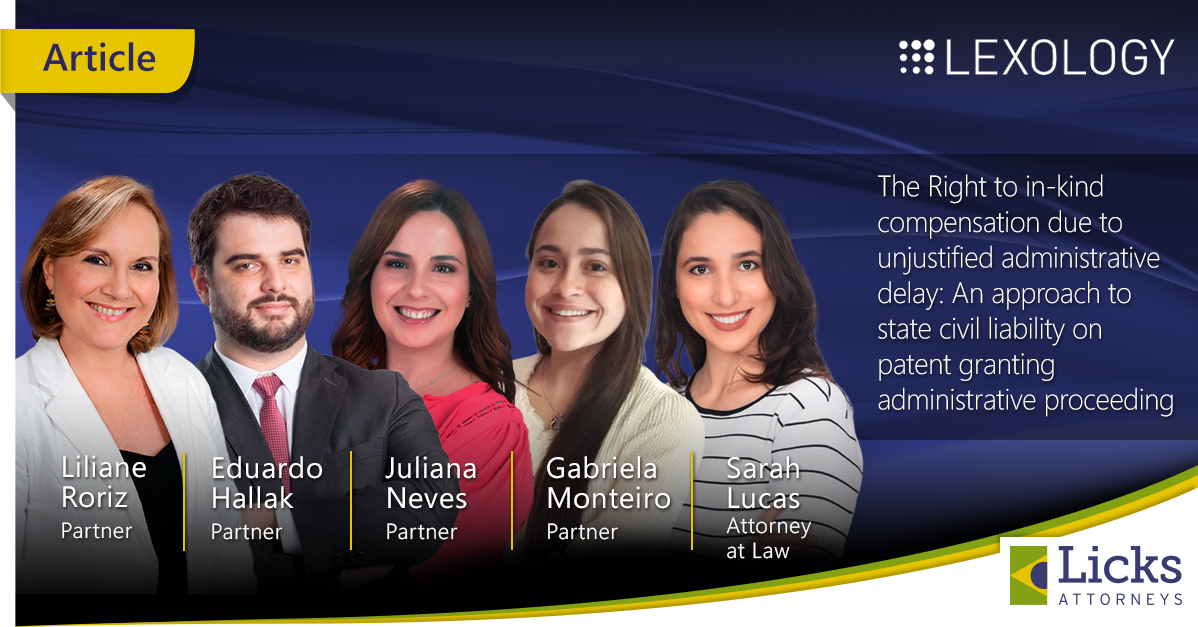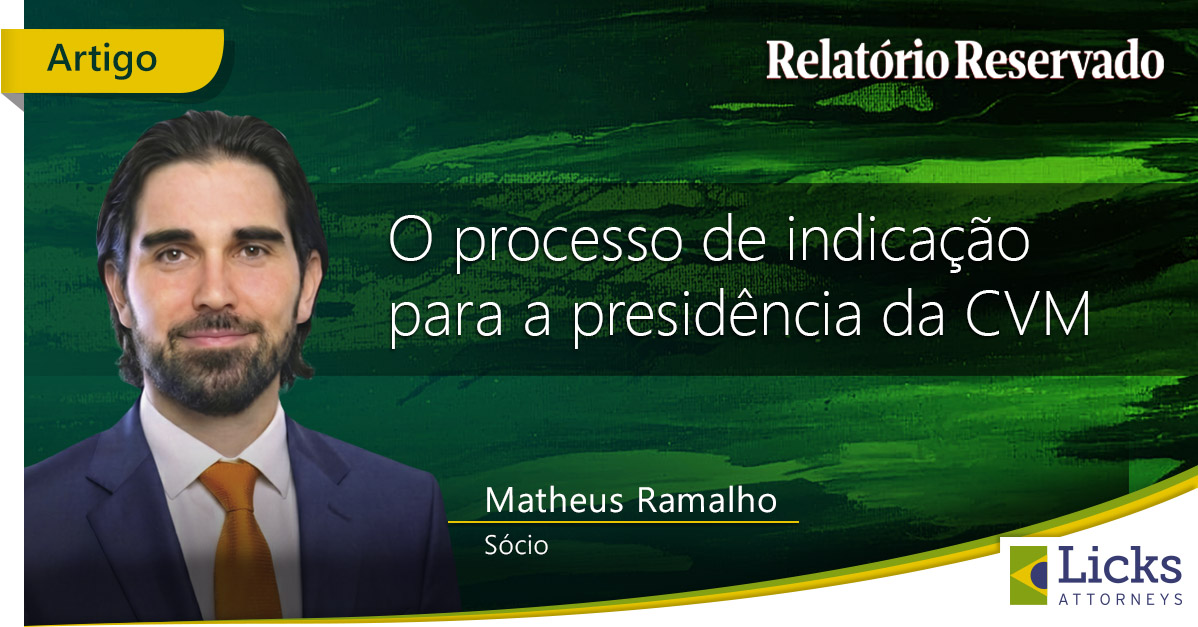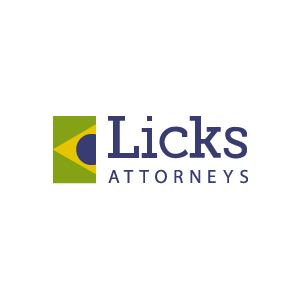Changes at ANVISA
The Brazilian national health surveillance agency (Anvisa) is the equivalent of the US FDA and the EU’s EMEA. It was established in 1999. Anvisa is an autonomous agency, which in theory makes it independently administered and nancially autonomous, with security of tenure for its ve directors. But it has been controversial and, some say, has resulted in a lack of enforcement of intellectual property legislation relating to the pharmaceutical industry. However, this situation could be changing. Anvisa enacted Rule no. 136 in February, 2011. It promises a totally new procedure governing administrative appeals led against the agency’s decisions, which might increase the enforcement of IP and food and drug laws along with transparency, due process and accountability. e rule is being compared to the 1946 Administrative Procedure Act in the US. Administrative appeals regulated by Rule no. 136 automatically stay the eects of the appealed decision, as a matter of law. Several cases before the federal courts have upheld the right of a researchbased pharmaceutical company that owns a new drug application (NDA) to le appeals against the approval of generics or branded non-interchangeable copies (similars), and conrmed that the ling of an administrative appeal stays the eects of the appealed decision. e leading case was the lawsuit led by Eli Lilly against Anvisa and Dr. Reddy’s. In 2004, the Court of Appeals for the First Federal Circuit decided that the company owning the NDA is allowed to challenge an abbreviated new drug application (ANDA) issued in violation of the law. In 2005, another decision was rendered by the same appellate court, staying the eects of an ANDA granted by Anvisa to a copy of Lundbeck’s Ebix, due to the ling of administrative appeals. A few years later, the Court of Appeals issued an identical decision concerning a litigation initiated by Genzyme. Similar decisions were also issued in 2007 and 2009 by the 21st and the 7th Trial Courts of the Federal District, regarding other lawsuits led by Eli Lilly and Lundbeck, staying the eects of the ANDAs granted to a copy of Gemzar and three copies of Lexapro. Further lawsuits were led in other jurisdictions as well, such as the State of Sao Paulo, with the same results. Now the new Rule no. 136, already in force, makes things easier, since it guarantees the public’s right to participate in hearings for administrative appeals and provides the right to present oral arguments. In addition, it determines that the appeal hearings can only take place with specic quorum, and establishes several due process guarantees related to the scheduling of the trials and the notication of the parties. e new regulation has specic rules governing the debates and the opinions, as well as several other important provisions. “ SEVERAL CASES BEFORE THE FEDERAL COURTS HAVE UPHELD THE RIGHT OF A RESEARCH-BASED PHARMACEUTICAL COMPANY THAT OWNS A NEW DRUG APPLICATION (NDA) TO FILE APPEALS AGAINST THE APPROVAL OF GENERICS OR BRANDED NON-INTERCHANGEABLE COPIES (SIMILARS), AND CONFIRMED THAT THE FILING OF AN ADMINISTRATIVE APPEAL STAYS THE EFFECTS OF THE APPEALED DECISION.” Some of the more obvious uses for the administrative appeal under Rule no. 136 procedures might include linkage between patents and infringing generics approved by Anvisa; enforcement of data package exclusivity; trademark legislation; as well as the ght against substandard drugs approved by Anvisa. Legal action against non-interchangeable products approved as generic copies by Anvisa has been cleared by the country’s antitrust authority, under the reasoning that all competitors subject to regulated industries have an interest in the consistent enforcement of the regulations to avoid unfair competition and harm to consumers. Rule no. 136 seems to be in accordance with Anvisa’s recent initiatives to align some of its practices with internationally accepted standards. In September 2010, Anvisa signed an international arrangement on statement of authority and condentiality commitment with the US FDA. Shortly a!er, the two agencies inaugurated a dialogue sponsored by the Brazil-US Business Council. Rule no. 136 is crucial for those companies seeking to defend the rule of law and protect their legitimate rights. Otto Licks is a partner at Momsen, Leonardos & Cia. He can be contacted at: oblicks@leonardos.com.br Ricardo Dutra Nunes is an associate at Momsen, Leonardos & Cia. He can be contacted at: rdnunes@leonardos.com.br As a matter of full disclosure, the authors represented Eli Lilly, Genzyme and Lundbeck in the litigation mentioned in this article.
RECENT PUBLICATIONS
-

The Right to in-kind compensation due to unjustified administrative delay: An approach to state civil liability on patent granting administrative proceeding
February 23, 2026 -

Acordo de proteção de dados Brasil-UE: O que muda para as empresas?
February 19, 2026 -

A indicação de Otto Lobo para a presidência da CVM
February 13, 2026

